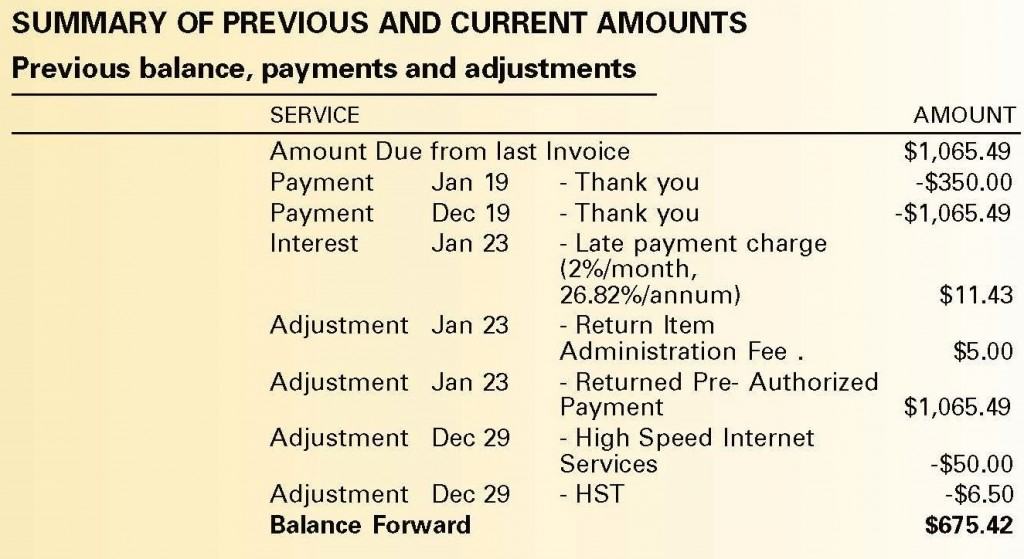Two weeks ago, Ontario Provincial Police arrested at least 60 people in connection with one of the largest child pornography rings ever seen in the country.
Under current Canadian law, authorities obtained warrants to identify names associated with the IP addresses police say were engaged in the trade of lurid sexual imagery of minors, as well as recruiting potential new victims in online chat rooms and social networks.
Provincial police were able to identify at least five dozen suspects within the province and successfully staged a coordinated raid in Windsor, London, Toronto, Barrie, Niagara, Sudbury and Ottawa, charging them with more than 200 criminal offenses.
But some lawmakers believe existing privacy laws are inadequate and hamper police investigations, and plan to allow authorities new latitude in chasing down online crime.
An “Act to enact the Investigating and Preventing Criminal Electronic Communications Act and to amend the Criminal Code and other acts” is scheduled to be introduced in Parliament later today, and some of its supporters are attacking online privacy advocates of being “pro-child porn” if they oppose the measure.
“He can either stand with us or with the child pornographers,” Public Safety Minister Vic Toews said to one government critic of the new privacy bill.
The proposed legislation is nothing new — similar bills have come and gone through Ottawa for a few years now. Most seek to demolish the pesky and inconvenient process of obtaining a warrant to compel service providers to hand over personal information about those police are investigating. If the new legislation passes, providers will be able to track every call you make and every website you visit:
- Require ISPs to provide, on request, your name, IP address(es), device identification numbers that allow authorities to track your cell phone and/or modem, and all contact information including unlisted phone numbers;
- Require manufacturers and Internet providers to install “back door” access, allowing on-demand surveillance without a warrant;
- Allow authorities limitless access to archived data including e-mail and other communications logs providers store;
- Compel other parties to preserve and produce electronic evidence, such as received e-mail, online order histories and other financial transactions.
Together, these new police powers would allow the government to engage in real-time surveillance of your phone calls and online activity without any court supervision or oversight. If it turns out you were unlucky enough to secure an IP address that was formerly used by a subject of an investigation, authorities could begin digging into your background and potentially charge you with an unrelated crime if they happen to find something not part of their original investigation.
[flv width=”640″ height=”380″]http://www.phillipdampier.com/video/CBC Online surveillance critics accused of supporting child porn 2-13-12.flv[/flv]
CBC News outlines Canada’s latest effort to broaden online surveillance powers and the ensuing controversy. (2 minutes)
Online privacy advocates call the new legislation chilling, and are unpersuaded by supporters who think the process of obtaining a court-issued warrant is too burdensome and time consuming.
When pressed by the media, law enforcement officials have yet to identify a single criminal investigation hampered or delayed by current privacy laws, which require police to obtain sufficient evidence to convince a judge an invasion of privacy is warranted to pursue a criminal investigation. With this new legislation, authorities could launch endless “fishing expeditions” of those they suspect might be involved in a crime, but lack evidence to pursue. Even more concerning is that national security agencies could monitor political opponents, protest organizations, and other groups deemed threatening by the current government.
Proponents say such abuses are unthinkable and the bill is no more threatening than issuing an IP “phone book” for authorities, showing who is using what IP address. But Michael Geist details the legislation is much more than its backers would have you believe.
Without any proof current law is insufficient to handle criminal cases like the one noted above, it is prudent to reject this bill and avoid handing the government unchecked new powers of surveillance. That some in government are willing to play the ‘you are with us or with the child predator’-card as part of reasoned debate is as reprehensible as those in Washington who accused opponents of broad new surveillance powers after 9/11 as being “with the terrorists.”
For more information and to sign a petition opposing the measure, visit Openmedia.ca’s Stop Online Spying website.
[flv width=”640″ height=”380″]http://www.phillipdampier.com/video/Stop Online Spying.flv[/flv]
Openmedia.ca’s campaign against online spying includes three professionally-produced ads that put the bill in terms even technically-unaware Canadians will understand. (2 minutes)


 Subscribe
Subscribe











